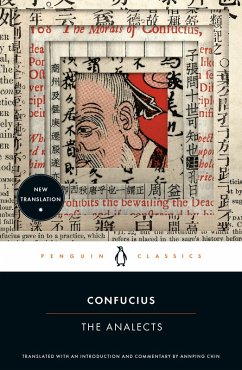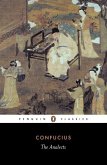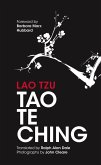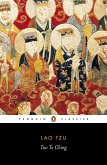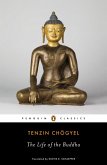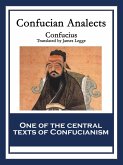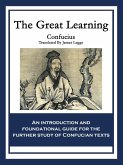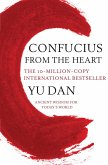Confucius is one of the most humane, rational, and lucid of moral teachers, concerned not with arcane metaphysics but with practical issues of life and conduct. What is virtue? What sort of life is most conducive to happiness? How should the state be ruled? What is the proper relationship between human beings and their environment? In this classic translation of The Analects by Arthur Waley, the questions Confucius addressed two and a half millennia ago remain as relevant as ever.
Dieser Download kann aus rechtlichen Gründen nur mit Rechnungsadresse in A, B, BG, CY, CZ, D, DK, EW, E, FIN, F, GR, HR, H, IRL, I, LT, L, LR, M, NL, PL, P, R, S, SLO, SK ausgeliefert werden.

